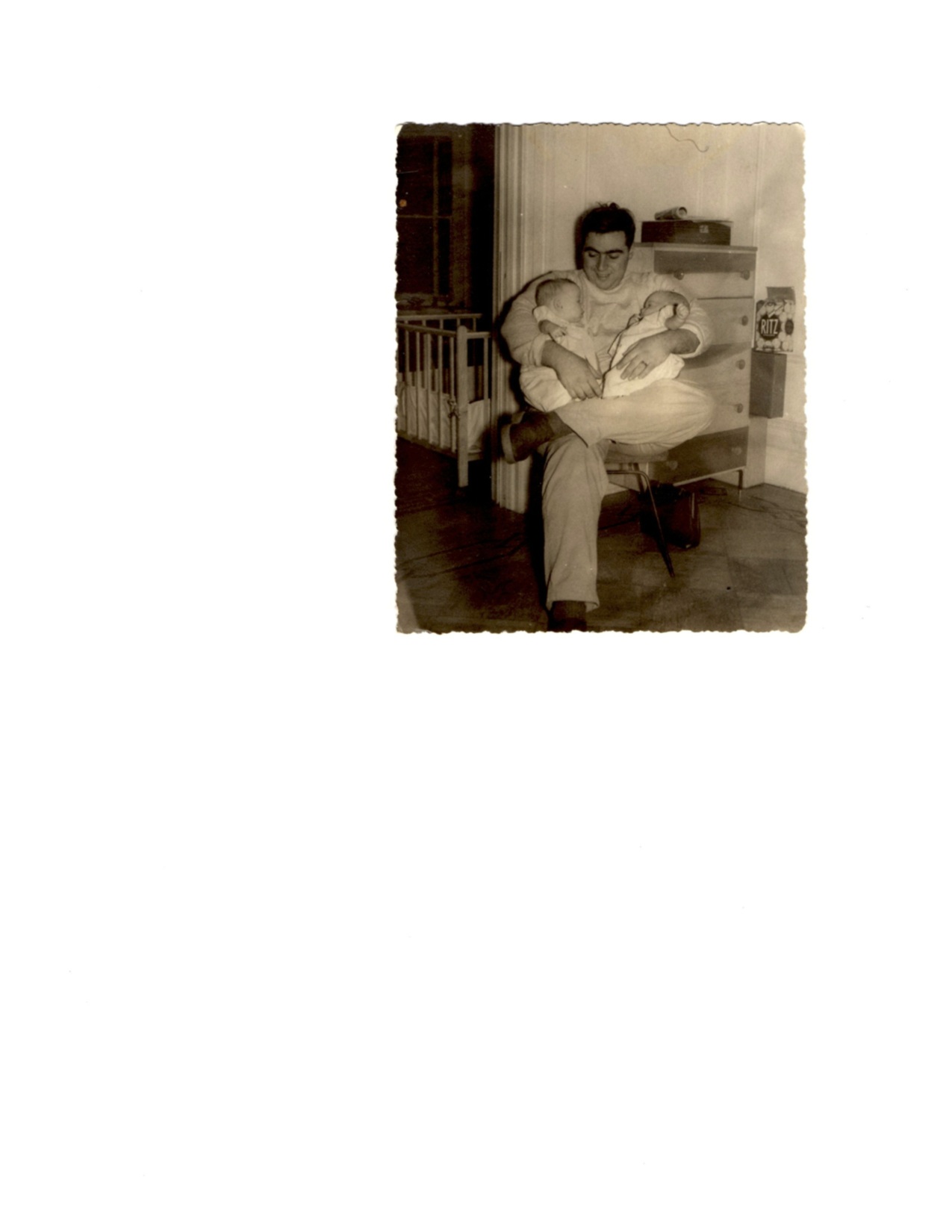Goodman (with reference to linguist Deborah Tannen) makes a valid point in her piece: that women are caught in a double-bind. Act the way women are expected to act, and they're too soft to lead. Act differently, and they're not good women. And Goodman adds a third bind: complain about gender bias, and they're whiners.
Rachel Maddow, on MSNBC as well as on her radio show, made a similar point: that the very fact of the numbers makes any presidential debate this time around, "gendered."I'm a huge fan of both Maddow and Goodman. And I think, in the abstract, their points are valid. But I also believe that it takes more than numbers to create a "gendered" interaction. Compare this last Democratic debate with Hillary Clinton's debate with Rick Lazio, in the 2000 Senatorial race.
Lazio's strategy was blatantly (and stupidly) gendered, in a variety of ways. He seemed to try to physically intimidate her, crossing the stage to try to force her to sign a pledge; He, unbelievably, tried to blame her for her own husband's deceit about his infidelity; and he generally treated her as an extension of her husband. Here’s part of Lazio’s debate performance:
“RUSSERT:
And your response, Mr. Lazio. Would you also address your fund-raising letter of July of 2000 where you said the first lady embarrassed our country.
LAZIO:
I stand by that fund-raising letter. I stand by that statement. And I think that, frankly, what's so troubling here with respect to what my opponent just said, is somehow that it only matters what you say when you get caught. And character and trust is about well more than that. And blaming others every time you have responsibility? Unfortunately that's become a pattern, I think, for my opponent. And it's something that I reject and I believe that New Yorkers reject. We can do well better.”
So, bizarrely, Lazio seemed to be suggesting that Hillary was secretly scheming with her husband, to keep his infidelity to her, a secret from the American people. Right. No wonder he lost.
Lazio also accused Hillary of being "Clintonesque," completing his conflation of her record with her husband's. He topped it off, by saying she was an “attractive woman,“ when asked to say something nice about her. All these things rubbed many - particularly women - the wrong way, and were clearly gendered.
No such thing occurred in the recent democratic debate. References to the Clinton presidency were guided by Hillary's claims of the relevancy of her experience as First Lady. There was no attempt to intimidate by invading her personal space or making demands. They didn't talk about her appearance, or dress or even her manner or laugh - comments that are often used to trivialize women in positions of power. The media might, as Maddow pointed out on Dan Abrams' show, be focusing on such things. But at least as far as the primary goes, I don’t think Hillary Clinton will be able to spin the debates as having any of the same dynamics found in the Lazio debate. In that way, at least among Democrats, I agree with Ellen Goodman that we have come a long way.





